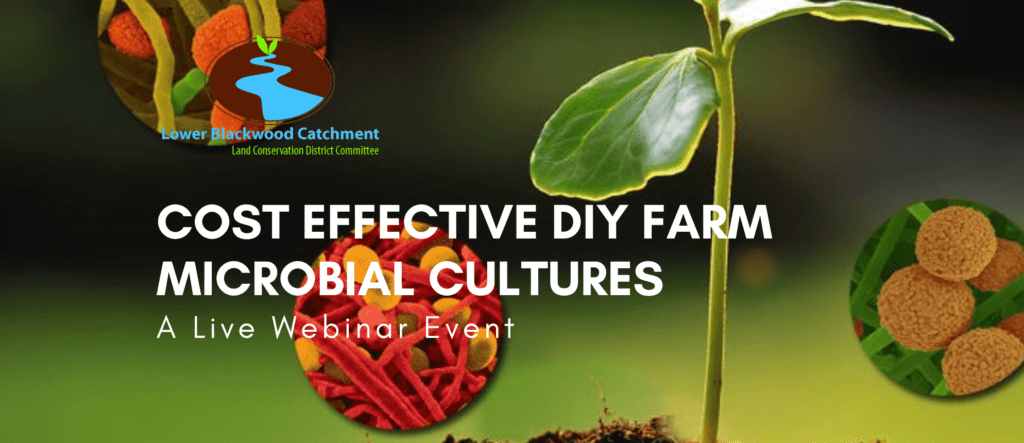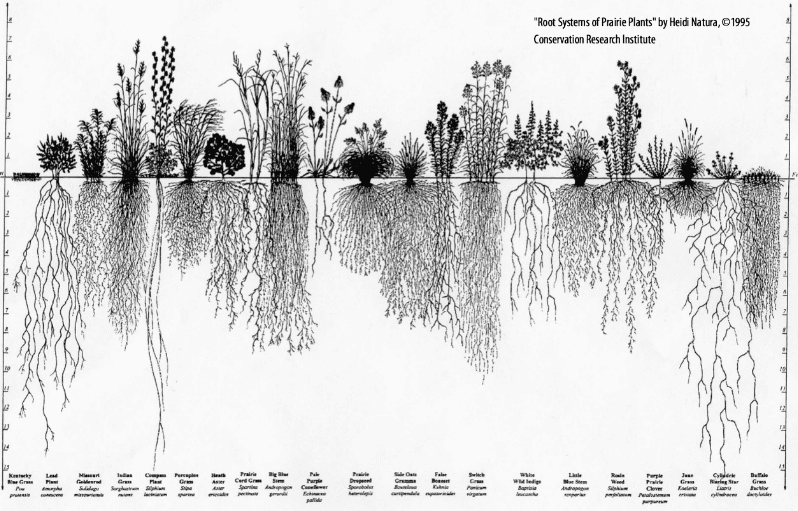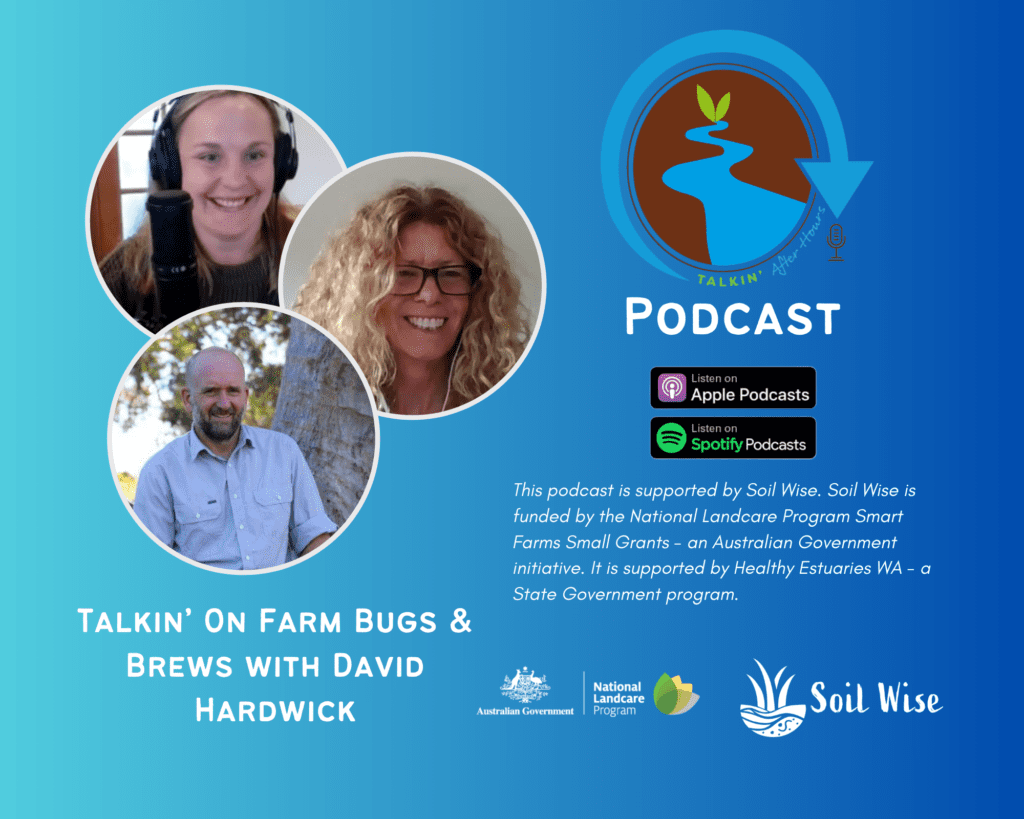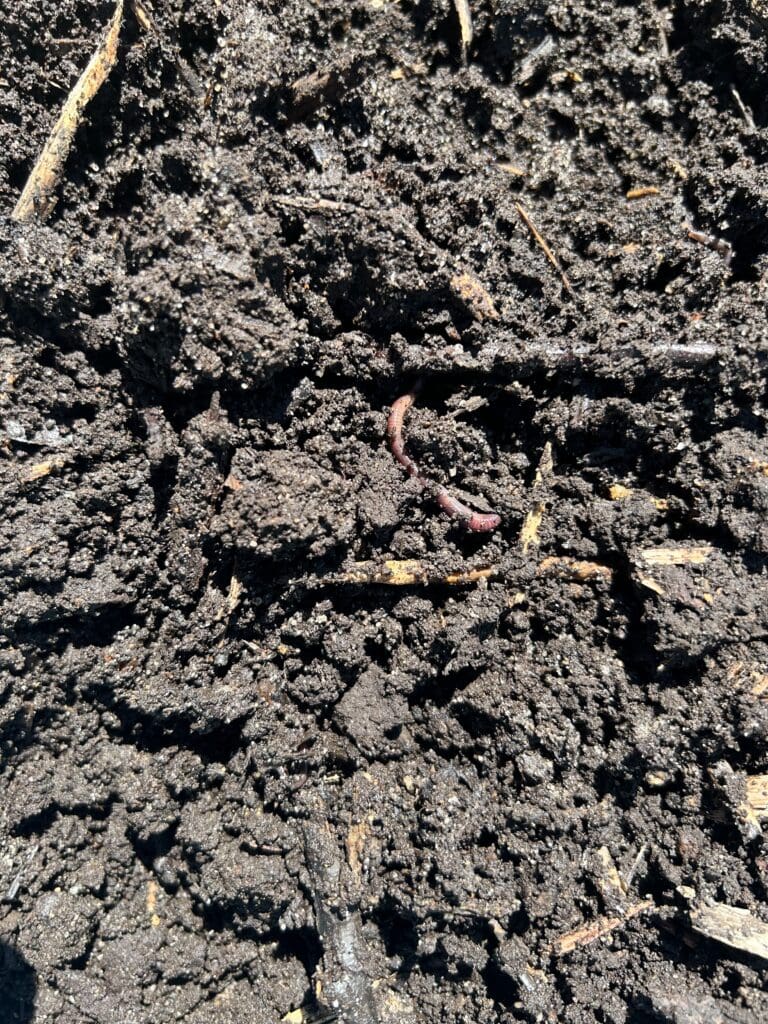Cost Effective DIY Microbial Cultures

The ability to capture microorganisms (usually bacteria and fungi) that could benefit agriculture is not new, but it has recently gained a lot more momentum. In the pursuit of cleaner, greener and low carbon farming, many companies are now ramping up production and marketing microbial products as a replacement to synthetic fertlisers – in many cases though, these microbial products can be readily made on the farm by the farmers themselves – and for a fraction of the cost.
In this webinar recording, presenter Mark Tupman from Productive Ecology discusses how to culture and utilise certain microbe groups on farm as a cost effective means to improve crop health and nutrition. They include compost/vermiculture extracts, facultative anaerobe bioferments, and broad spectrum rhizobia and mycorrhizal inoculants. Mark also covers how these DIY user-friendly microbial cultures can be made and used on your farm with readily available materials and equipment.
OTHER WEBINAR RESOURCES:
WHO IS MARK TUPMAN?
For over two decades Mark has been active in the fields of organic/biodynamic production, permaculture, sustainability, agro-ecology and holistic management and in between times managed an orchard, animals and food gardens on his own property. Through his business, Productive Ecology, Mark provides consultation and education & training in the establishment of integrated living production systems. In addition to his consulting work, Mark works as the horticulture project manager at the Witchcliffe Ecovillage development & more recently as a project consultant to the Lower Blackwood LCDC.
This webinar formed part of our project Talkin’ After Hours – the Lower Blackwood Online Community Forum & Information Hub’. The goal of the hub is to enhance our local farming community’s capacity to connect and engage with each other – sharing knowledge, skills and practices that build a community better prepared for, and more resilient to, the impacts of climate change.





